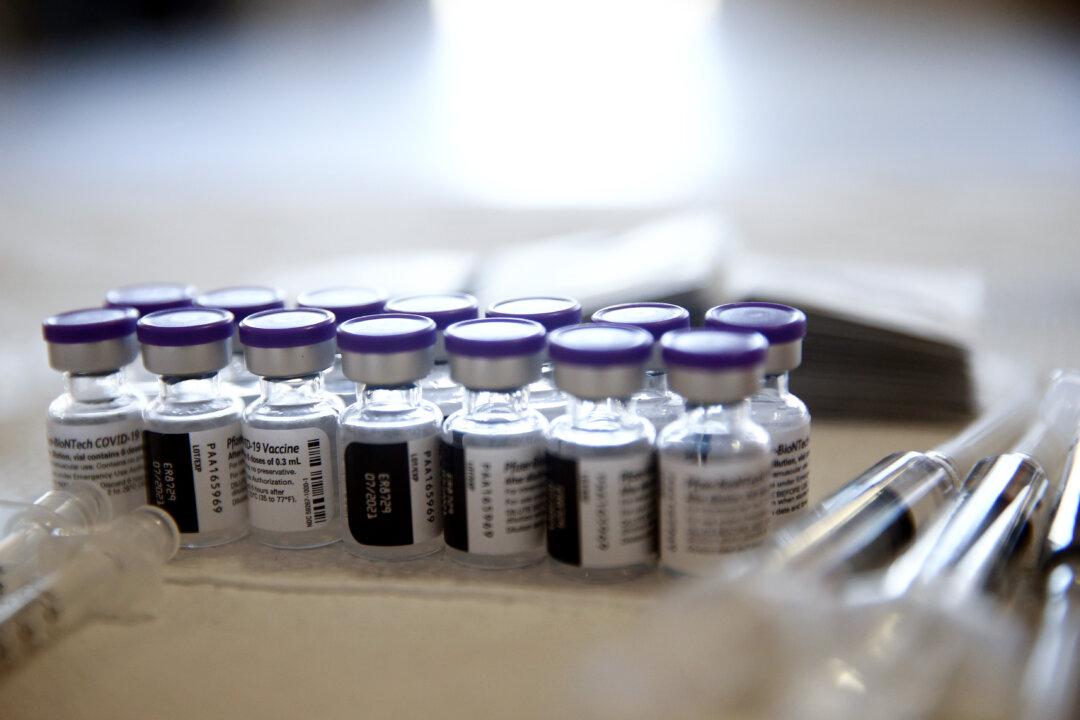Three certifying medical boards warn that disciplinary actions will be taken against American physicians who disseminate what the boards allege are “misinformation and disinformation” about COVID-19 vaccines.
In a joint statement, the American Board of Internal Medicine, the American Board of Family Medicine, and the American Board of Pediatrics issued a statement on Sept. 9 in support of the Federation of State Medical Board’s (FSMB) position in disciplining doctors—which includes revoking or suspending medical licenses—who provide COVID-19 vaccine information that the board does not view as factual and approved by consensus.






